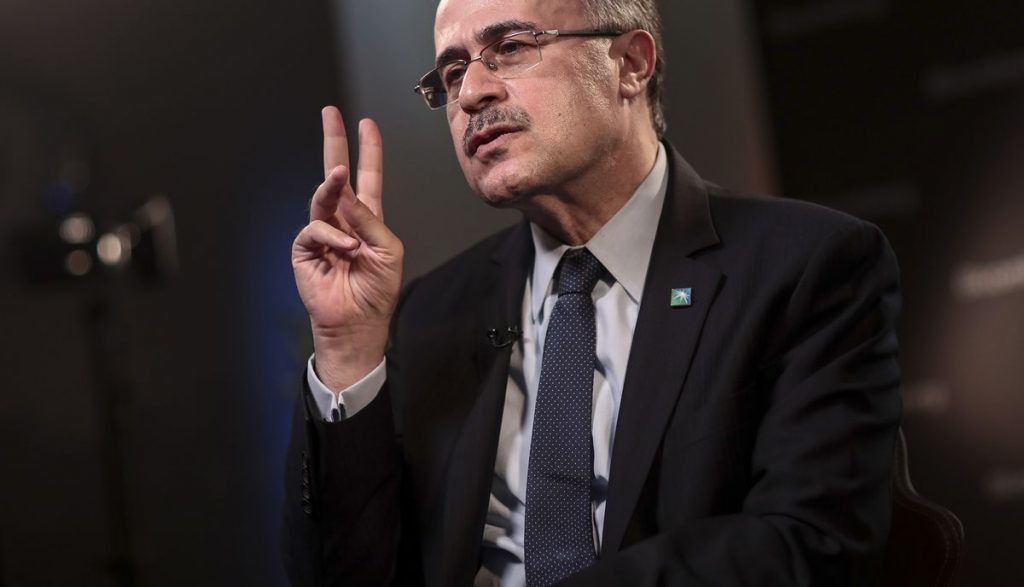
The world is on course for a “deeply flawed” and “ever more chaotic energy transition”, Saudi Aramco CEO Amin Nasser has said, in comments at the World Petroleum Congress.
Nasser said there were a number of “highly unrealistic scenarios and assumptions about the future of energy”. He singled out the idea that the world could run on hydrocarbon alternatives, and that such a switch could take place overnight, as evidence of such an unlikely theory.
“Most worrying of all is the assumption that the right transition strategy is in place. It is not, it is deeply flawed,” the Aramco executive said. Nasser was speaking at a conference taking place in Houston.
Chaos “will only intensify”, he warned, until energy security, economic development and issues of affordability receive enough attention. Upstream spending fell to $300 billion in 2020, from $700bn in 2014.
Everyone is committed to net zero, he said, including those in the room and at Aramco, but the challenge is how to deliver such a change.
There is no viable alternative to hydrocarbon fuels for transportation, he said. Deployment, at scale, “across the world, will take a lot longer than is being assumed”.
Given the shortfall in spending, supplies are lagging, with an impact on spare capacity.
Nasser went on to highlight shortfalls in distribution of energy. More than 2.6bn people lack access to clean cooking fuels, he said, and three quarters of a billion lack power.
The focus should be on cutting emissions from oil and gas in order to meet climate goals. He cited lower carbon products, such as blue hydrogen and ammonia, increased engine efficiency and the use of new materials.
The Aramco executive also highlighted the importance of carbon capture, utilisation and storage (CCUS).
Fighting for a role
He called for people to accept that oil and gas would play a part in the transition. Key stakeholders say such things in private, he said. “They should say it publicly too. I understand their dilemma. Publicly admitting that oil and gas will play an essential and significant role, during the transition and beyond, will be hard for some.”
However, accepting this will be far easier than facing “energy insecurity, rampant inflation, and social unrest if prices become intolerably high. And net-zero commitments by countries may start to unravel.”
Challenges inherent in plans for the energy transition were rife at the conference.
TotalEnergies’ head Patrick Pouyanné expressed concerns about high gas prices deterring a move away from coal, in Asia, for instance. Equinor CEO Anders Opedal noted there was a risk of an “imbalanced transition” as a result of commodity price volatility.
US Deputy Secretary of Energy David Turk called for shale producers to step up and pump more crude, while at the same time calling for action to tackle the climate change threat.
